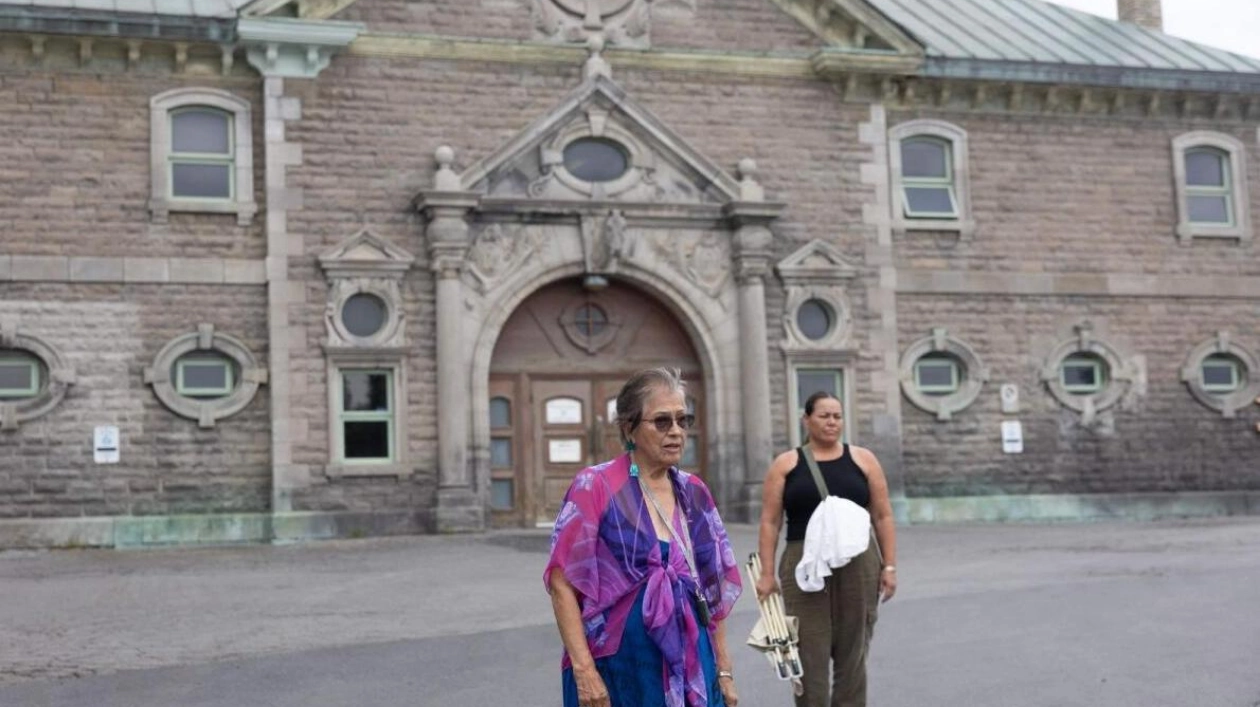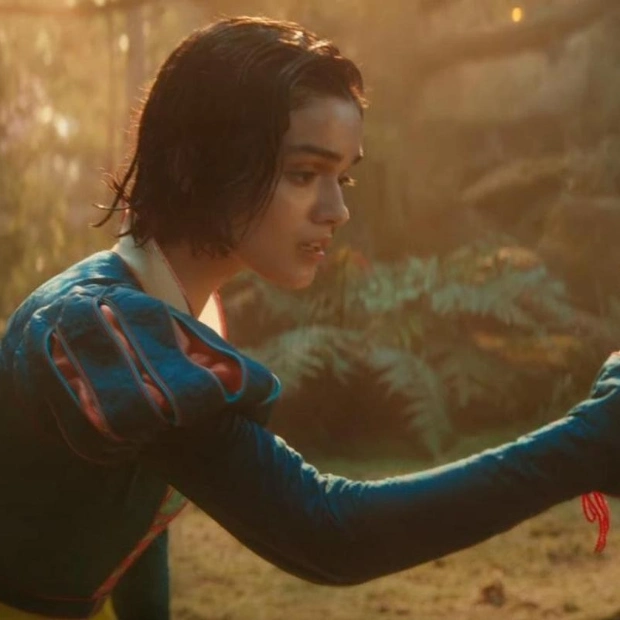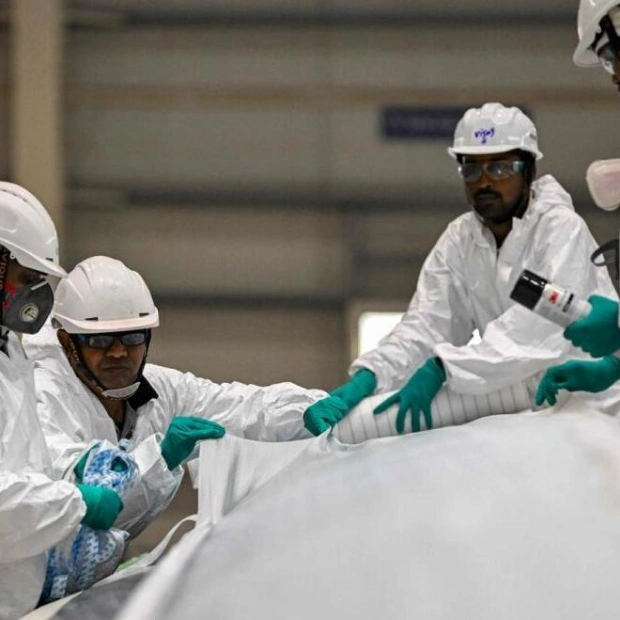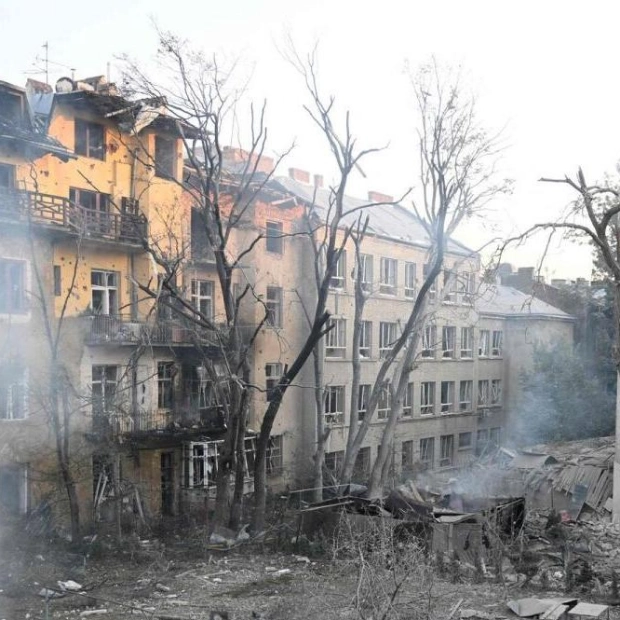A group of Indigenous women is attempting to halt the demolition at a former Montreal hospital, convinced it may hold crucial information about children who disappeared during a CIA experiment over fifty years ago. Over the past two years, they have been working to postpone a construction project by McGill University and the Quebec government.
Kahentinetha, an 85-year-old activist from the Mohawk community of Kahnawake near Montreal, who uses only one name, stated, "They took our children and subjected them to various experiments. They were experimenting on them." The activists are basing their efforts on archives and testimonies suggesting the site contains unmarked graves of children who were previously interned at the Royal Victoria Hospital and the adjacent Allan Memorial Institute, a psychiatric hospital.
In the 1950s and 1960s, the US Central Intelligence Agency funded a human experiments program named MK Ultra at the old psychiatric institute. During the Cold War, this program sought to develop methods and drugs for effective brainwashing. Experiments were carried out in Britain, Canada, and the United States, involving electroshocks, hallucinogenic drugs, and sensory deprivation, including on Indigenous children in Montreal.
Kahentinetha, a prominent figure in the Indigenous rights movement who has spoken out against colonialism in Britain and the United States, considers this fight "the most important of her life." She emphasized, "We want to know why they did this and who will be held accountable for it." In the fall of 2022, the mothers secured an injunction to halt work on a new university campus and research center at the site, a project valued at C$870 million (US$643 million).
Fellow activist Kwetiio, 52, who also uses only one name, highlighted that they insisted on arguing the case themselves without lawyers, "because in our ways, no one speaks for us." Last summer, sniffer dogs and specialized probes were used to search the property's extensive and deteriorated buildings, identifying three areas of interest for excavation. However, according to McGill and the government's Societe Quebecoise des Infrastructure (SQI), "no human remains have been discovered."
The Mohawk mothers accuse the university and the government infrastructure agency of violating an agreement by choosing the archaeologists for the search and ending their work prematurely. Philippe Blouin, an anthropologist working with the mothers, states, "They gave themselves the power to lead the investigation of crimes that were potentially committed by their own employees in the past." Despite their appeal being dismissed earlier this month, they are determined to continue their fight.
Kwetiio emphasized, "People should know history, so that it does not repeat itself." In recent years, Canada has acknowledged past atrocities. Generations of Indigenous children were sent to residential schools where they were stripped of their language, culture, and identities, amounting to "cultural genocide" according to a 2015 truth and reconciliation report. Between 1831 and 1996, approximately 150,000 Indigenous children were taken from their homes and placed in 139 such schools, with several thousand never returning to their communities.
In May 2021, the discovery of unmarked graves of 215 children at the Kamloops Indian Residential School in British Columbia sparked a national reflection on this dark chapter of Canadian history, leading to searches for more graves across Canada. Kwetiio noted, "It was not only residential schools, it involved hospitals, sanatoriums, churches, and orphanages too." For her, the most important aspect is shedding light on what happened to foster "change" and restore "the harmony that we had before colonialism."






